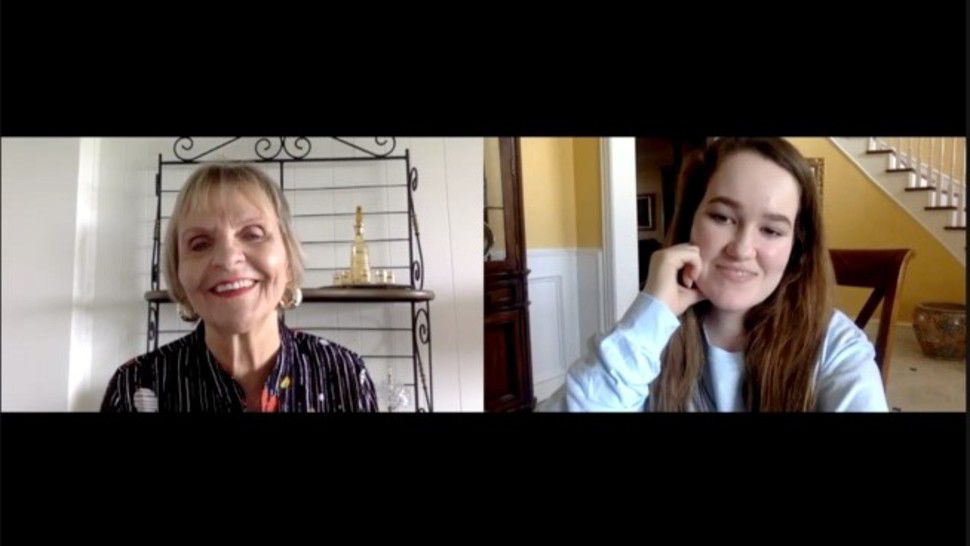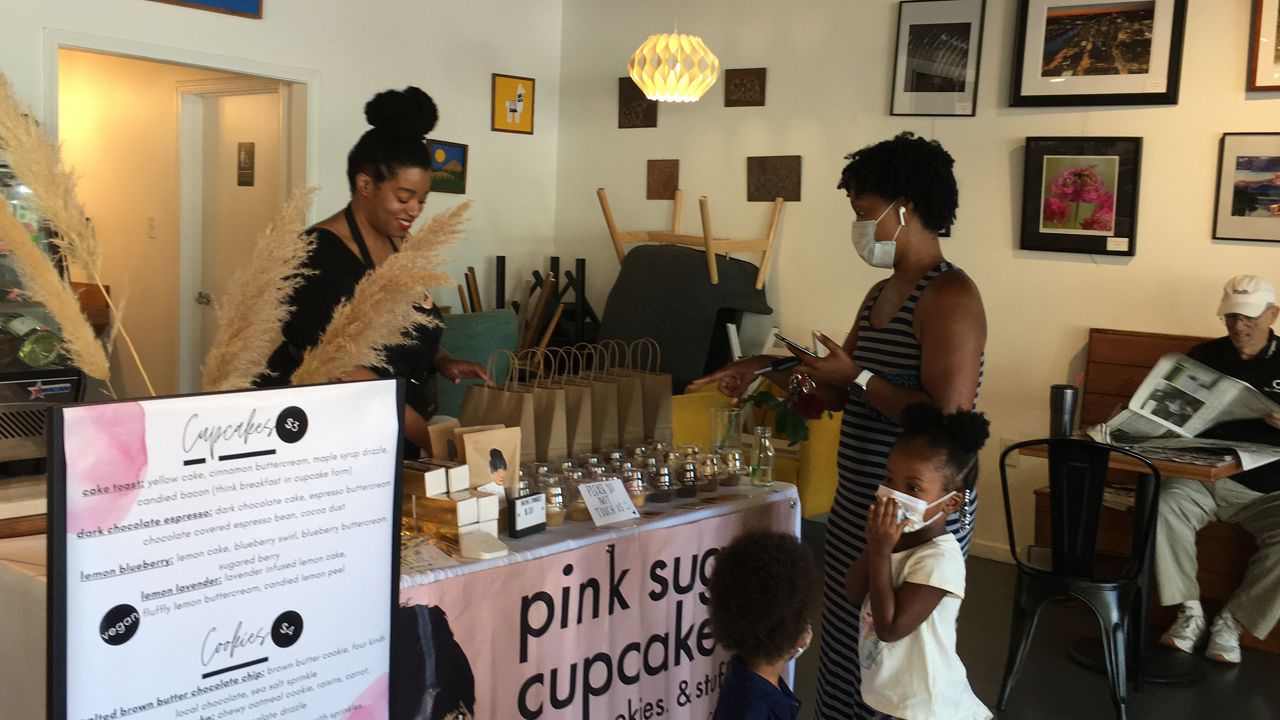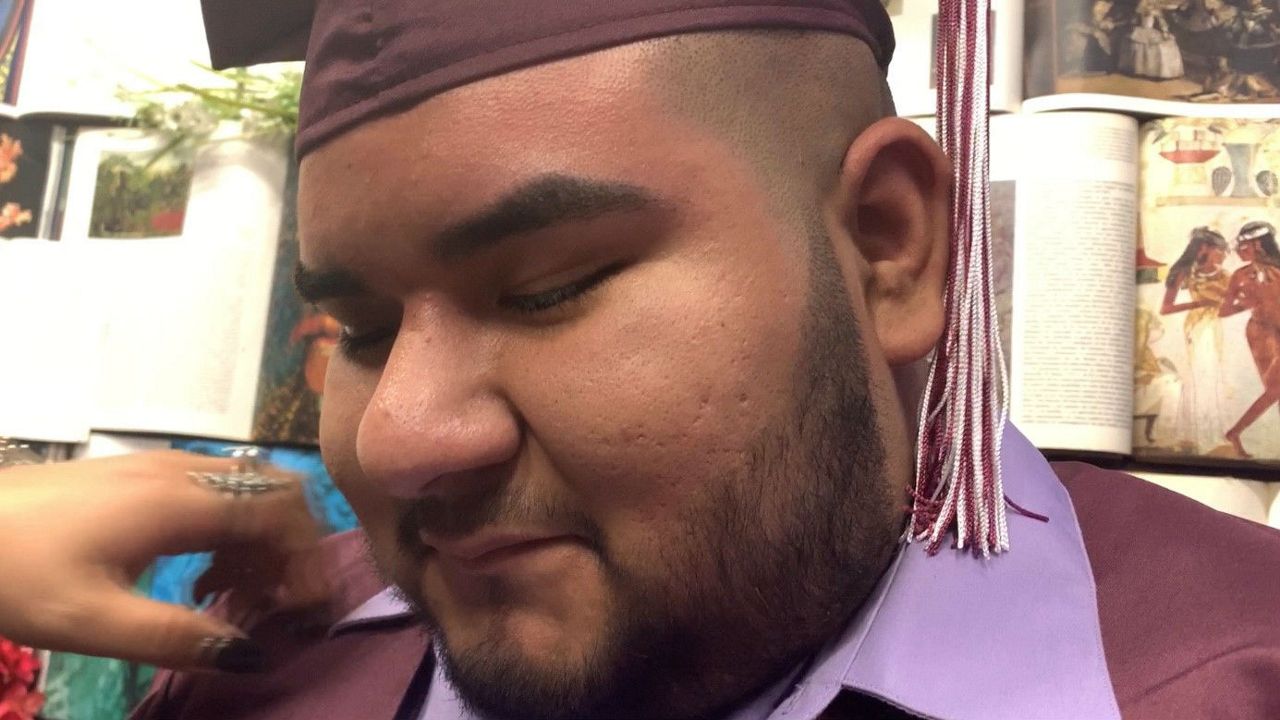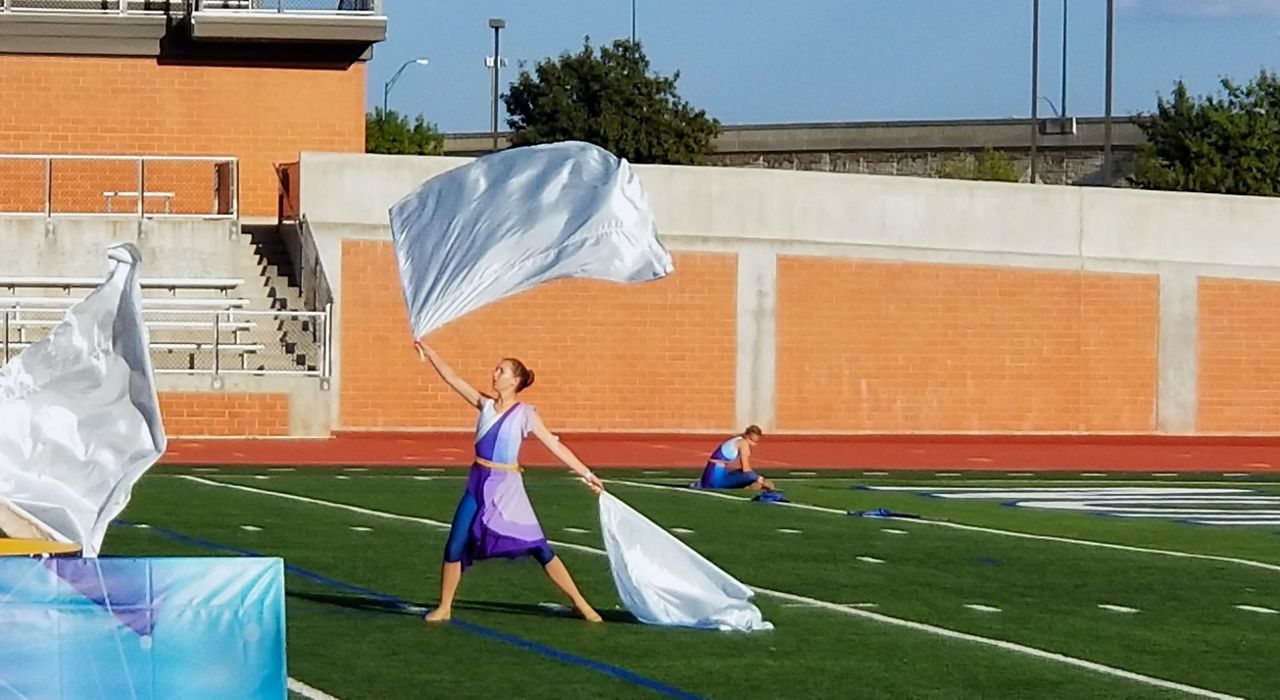AUSTIN, Texas -- Pride season looks different in the capital city this year. Even as some bars reopen, albeit under new safety guidelines, there is considerably less foot traffic and vibrancy than Pride Months past.
To many, this is a chance to reflect on the movement's history. Specifically, the pioneers who set off a chain of events in effort to gain equality for LGBT+ Americans.
Marsha P. Johnson and other black and brown trans women began the gay liberation movement 51 years ago this month by protesting police brutality at the Stonewall Inn in New York City.
“Breaking things and getting loud and gay people fighting in the streets saying we want our rights we want to be able to live our—be our authentic selves,” said Robert Hudson, an Austin resident who believes honoring those figures is critical.
The June 1969 riots lasted weeks and they spread across major cities. The outcome saw queer people emboldened to make themselves visible in an effort to demand dignity and respect.
Still, for the community as a whole things got worse before they got better. Civic leaders largely ignored the community as multitudes died at the height of the HIV/AIDS epidemic. Don't Ask Don't Tell was enacted in the 1990s before being reversed two administrations later, and marriage equality wasn't a reality until five years ago this summer.
The work that was started by Johnson and other figures like Sylvia Rivera remains critical for the advancement of LGBT+ Americans who today view their protests as the catalyst for equal rights.
To many in the community those protests worked. And it's the reason why especially to queer black people and queer people of color, it's important to show solidarity with the Black Lives Matter movement, which has seen historic global unrest after the death of George Floyd in Minneapolis.
Related Stories
“Let’s just think about how this country was founded: the Boston Tea Party, the civil rights movement. I wouldn’t be able to vote or sit here right here at a bar next to a white person without someone marching for me,” said Hudson.
As pride event organizers continue work to coordinate digital platforms for celebrations, queer Texans say there is still a long way to go within the LGBT+ community.
There are concerns among some that even within this marginalized community there are those who aren't inclusive--or at the very least don't understand the intersection between being LGBT+ and being non-white.
“You as a white person, you are not the only person that’s dealt with homophobia ... I did as well, as well as I dealt with racism. Two things here. I’m not saying that my oppression is bigger than yours, it just means that I need you to understand and support me a little differently,” said Hudson.
Pride events in San Antonio and Dallas have officially been moved to a digital platform, while in Houston pride events have been postponed until this fall. Pride organizers in Austin say they continue to monitor the ongoing COVID-19 pandemic to determine a decision on their festivities which are currently scheduled for August.








